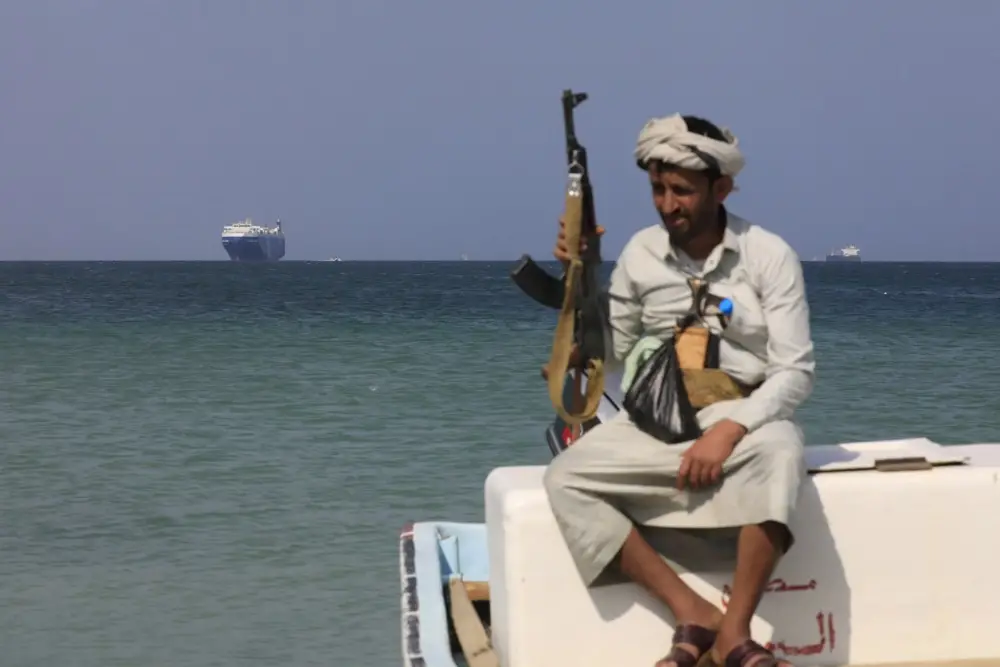How the conflict in the Red Sea will affect global trade

What is the reason for the activation of Yemeni militants?
The Yemeni Houthis have increased their involvement in the conflict in the Middle East by attacking ships in the southern Red Sea, which they claim are aimed at supporting the Palestinians during the war between Israel and Hamas.
This poses a significant threat to regional shipping, impacting global trade. Approximately 12-15% of the world's trade takes place in this region, which is a significant portion of all containerized traffic. The Red Sea also plays an important role in the supply of energy resources, as 8 to 10% of the world's oil and up to 8% of liquefied natural gas transported by tankers pass through its straits annually.
As a result of pirate attacks, major companies such as Mediterranean Shipping Company, Hapag-Lloyd, Maersk and BP have already decided to transport their goods through the Cape of Good Hope in southern Africa.
This, in turn, will lead to significant delays and additional fuel costs while traveling around the Cape.
However, the direct economic consequences of the Red Sea crisis are offset by the significant disinflationary forces at work in the European economy. High interest rates have already led to a decline in demand, particularly for goods from Asia. Across Europe, taxes are being raised to reduce budget deficits, further reducing this demand. Higher oil prices are likely to reduce consumption and increase the likelihood of a recession later this year. Therefore, it can be concluded that in the short term, the conflict will not have too much impact on global trade.
In December 2023, U.S. Secretary of Defense Lloyd Austin announced the formation of a new alliance to protect ships transiting the Red Sea. Shortly after this announcement, more than twenty countries joined the coalition.
As of January 5, 2024, the Pentagon reported that since the start of the US-led operation, the coalition had destroyed 19 drones and missiles and sank three small boats that had been fired by the Houthis against ships in the Red Sea.
The destroyed objects included 11 drones, two cruise missiles, and six anti-ship cruise missiles.
According to U.S. Navy Vice Admiral Brad Cooper, since mid-December, when the Prosperity Guardian mission began, about 1,500 merchant ships have successfully passed through the Red Sea, remaining safe.
Despite the fact that the United States is working to prevent further escalation of the conflict. In particular, according to Politico, the United States has been tacitly calling on Iran for several months to persuade its dependent militias to reduce attacks. There are no signs of de-escalation, and there are reasons to believe that the attacks will intensify in the near future. If the conflict in the Middle East escalates, it will jeopardize all transportation and trade in the region and encourage companies to look for alternative routes, including through Africa.
It is worth realizing that the journey through Africa will take 7-10 days longer. This leads to possible major delays in the delivery of goods in January and February this year.
The consequences of this situation may be an increase in container rates and the emergence of additional fees, as well as an increase in insurance rates, which in turn will cause an increase in the final prices of goods.











